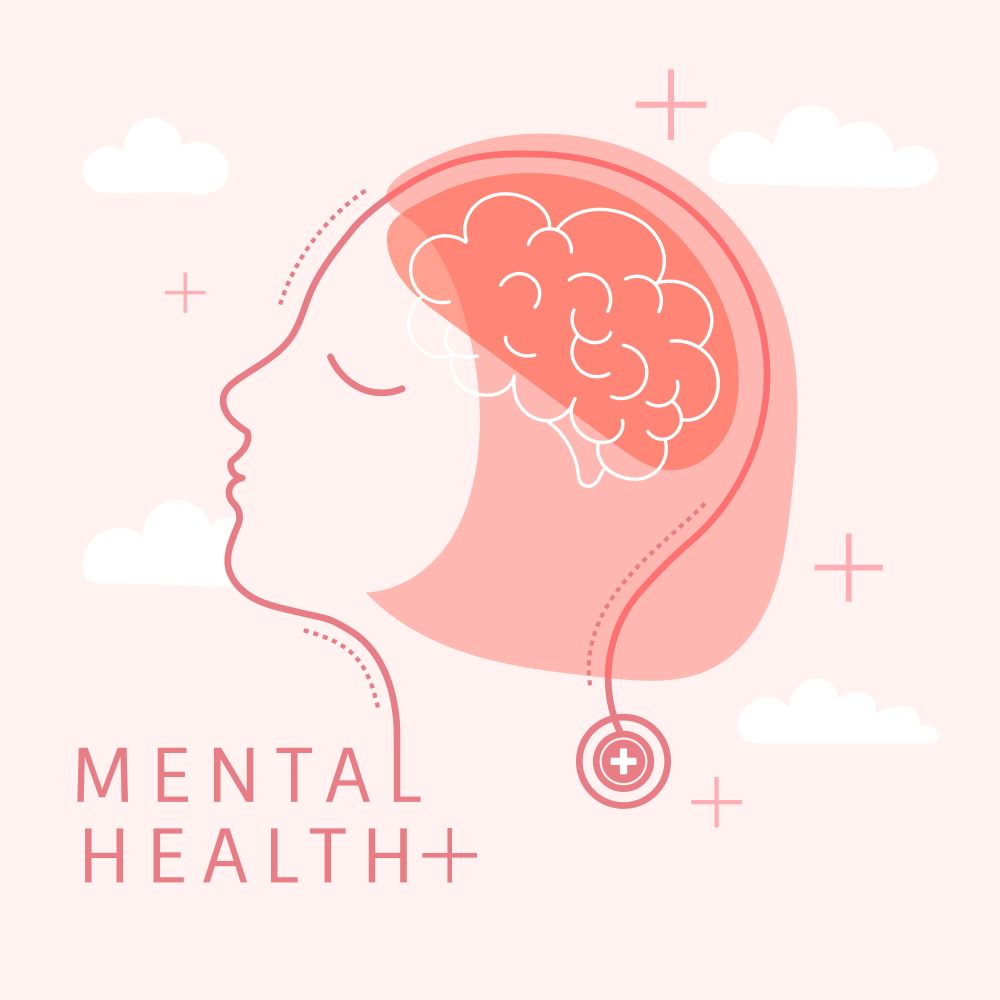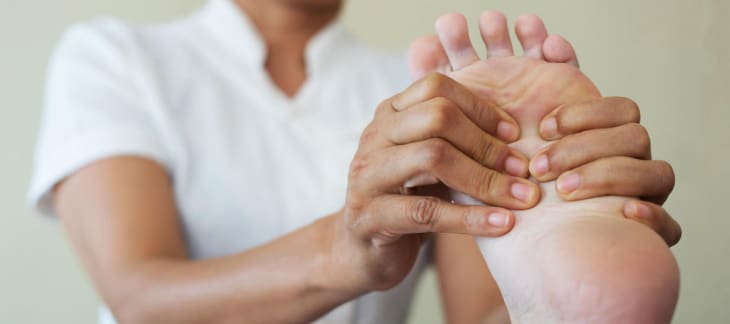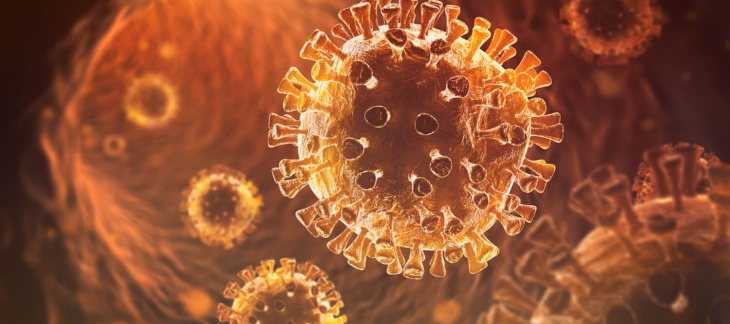Due to confinement by the Covid-19 pandemic, mental health has reached a historical decline. Learn about the guidelines you can implement to maintain a healthy mental state during the crisis.
Since last December, when the world was shocked by the Covid-19 disease, WHO was presented with the task to implement measures to help contain the virus. To date, with more than 5 million contagious cases presenting in 215 countries, social isolation has been the most efficient and effective measure in preventing the pandemic.
Hundreds of countries have adopted this measure even with the impact its implementation has caused for the economy. But with being the epicenter of the pandemic and more than 1.6 million cases, many governing officials in the United States understood that, this is so far, the best way to deal with the emergency.
In the United States, there have been 96,000 deaths of the more than 333,000 worldwide.
Faced with this startling image, in the past days, the United Nations has expressed its extreme concern about the impact of the pandemic on the people’s mental health, since according to a report published by the same organization, around 50% of health workers in Canada and China expressed the need for psychological support. In Italy and Spain, 77% of children are believed to have had difficulty concentrating during confinement; 39% showed restlessness and irritability, 38% showed nervousness and 31% experienced feelings of loneliness.
Now, if we talk about the segment of the population that is between nervousness and loneliness, the same study stated that adults are highly affected by isolation, fear of being infected, loss of family members and loss of income and/or unemployment.
It is evident that mental health is a necessity and should be treated as the central hub of the response to the pandemic.
Guidelines to improve your mental health:
- Implement a regular, daily routine such as bathing, dressing, eating, and working, at specific times.
- Differentiate the spaces in which you perform each activity. Do not eat in bed and do not sleep on the sofa.
- Enjoy family activities but also separate some time for your personal space.
- Manage your exposure to information. Watch, listen, and read up on topics other than the pandemic.
- Do not mix your work times and activities. During working hours, do not engage in leisure activities.
- Engage in sport activities while maintaining safety measures.
- Take care of your nutrition. Remember that, even if you exercise at home, your body is going through a period of dormancy in which you may find it difficult to process your meals.
- Maintain good hygiene practices.
- If you have time, learn a new skill.
Mental health is synonymous to emotional well-being.
These guidelines are a guide, not a restriction. There is no need to worry if they are not followed thoroughly. The crisis we are facing is nothing more than an opportunity for self-knowledge that can be developed according to your personality and only seeks to avoid the manifestation of anxiety.
In the event that you need any assistance, remember that there is a helpline available for those affected by this catastrophe and that stress, anxiety and other depression-like symptoms are common reactions to adversity.
Additionally, at Formé, we invite all of the people who need help to call us and request the support they seek. Please note that Formé Medical Center & Urgent Care has a non-profit organization that seeks to promote mental health for the vulnerable population in the United States.
If you are in need of help, go to www.promisetoaid.org and tell us your story. If you wish to help our mission, go to the same website and make a donation towards the care of the hundreds of individuals in need.
At Formé, our mission is your health.







